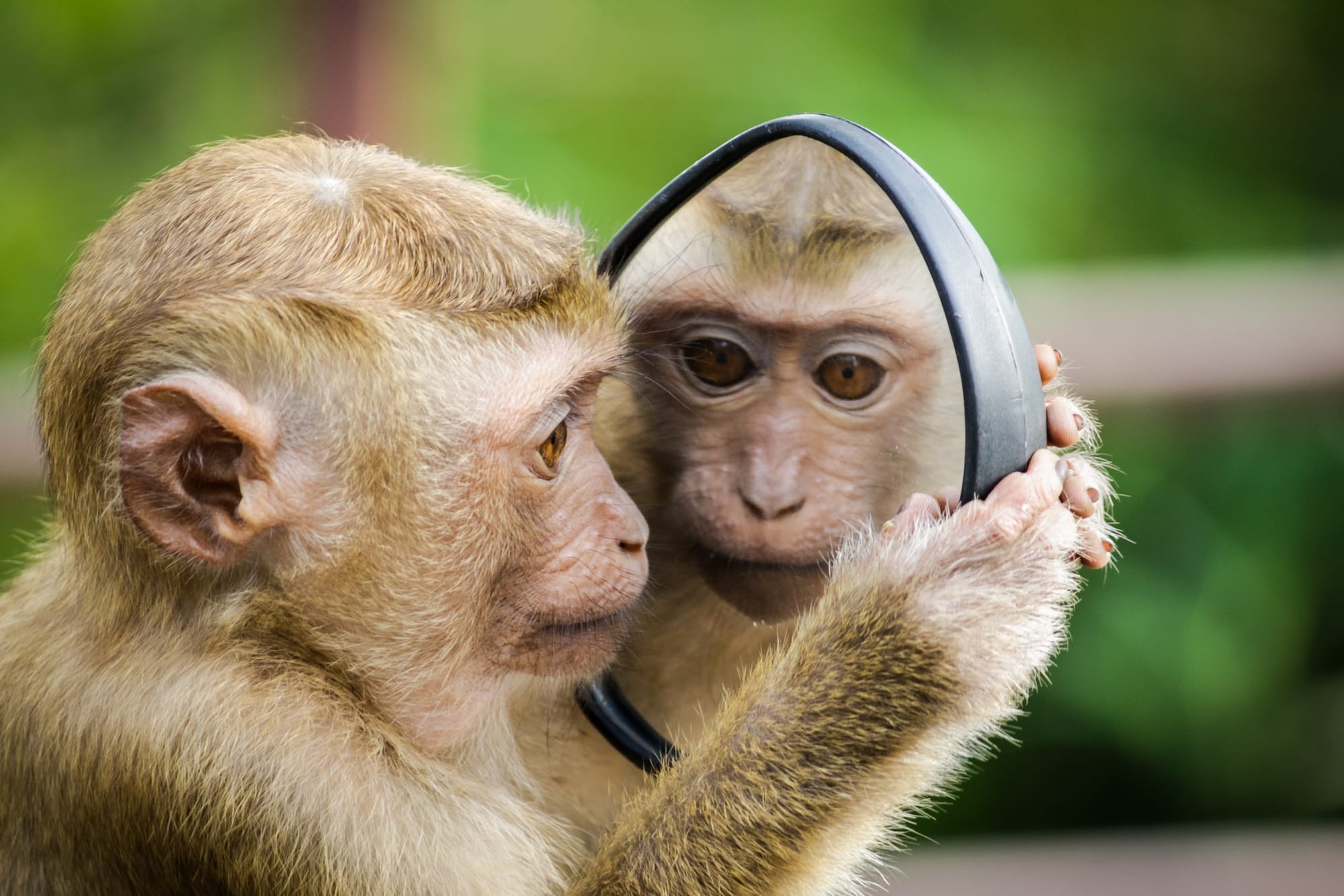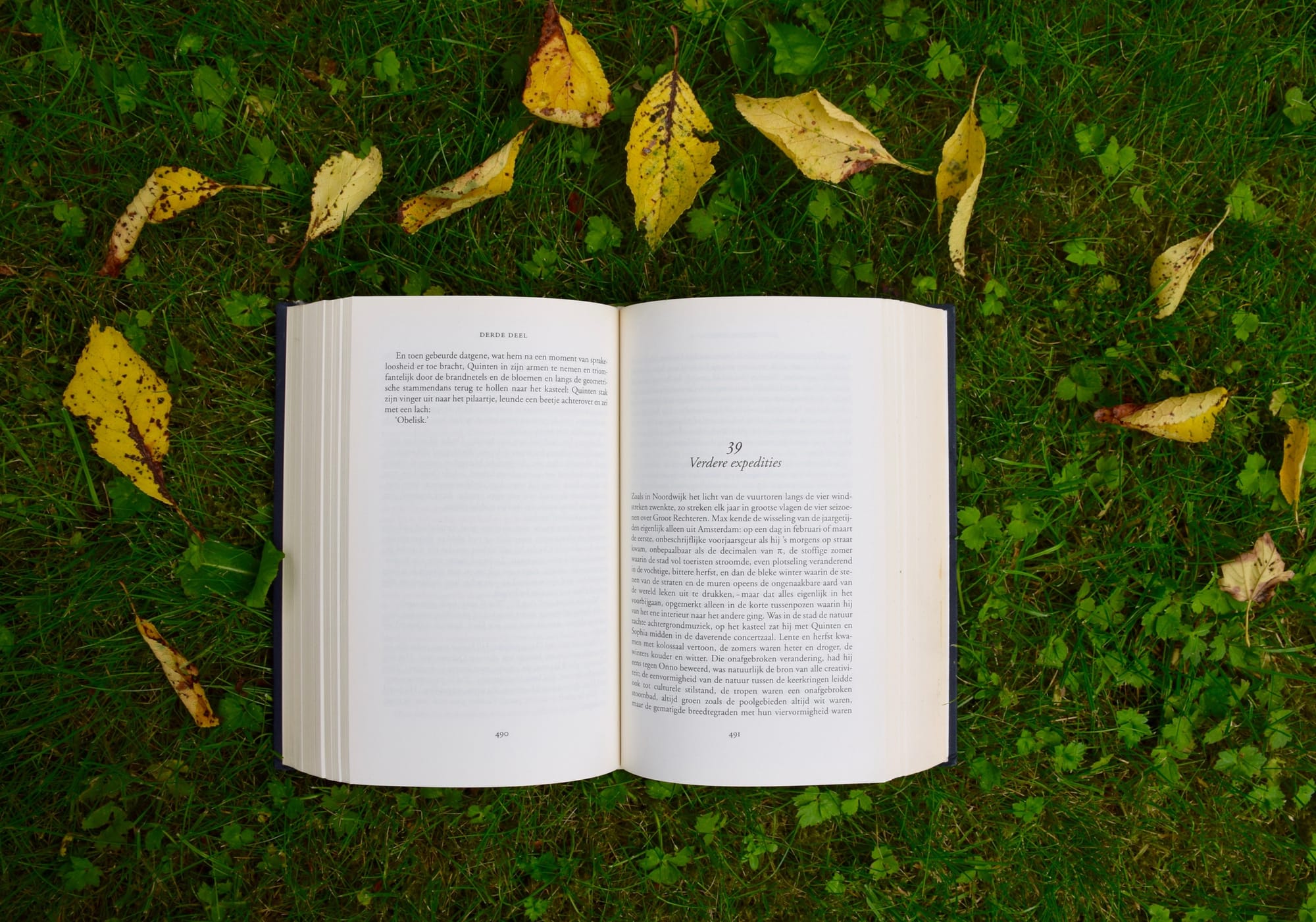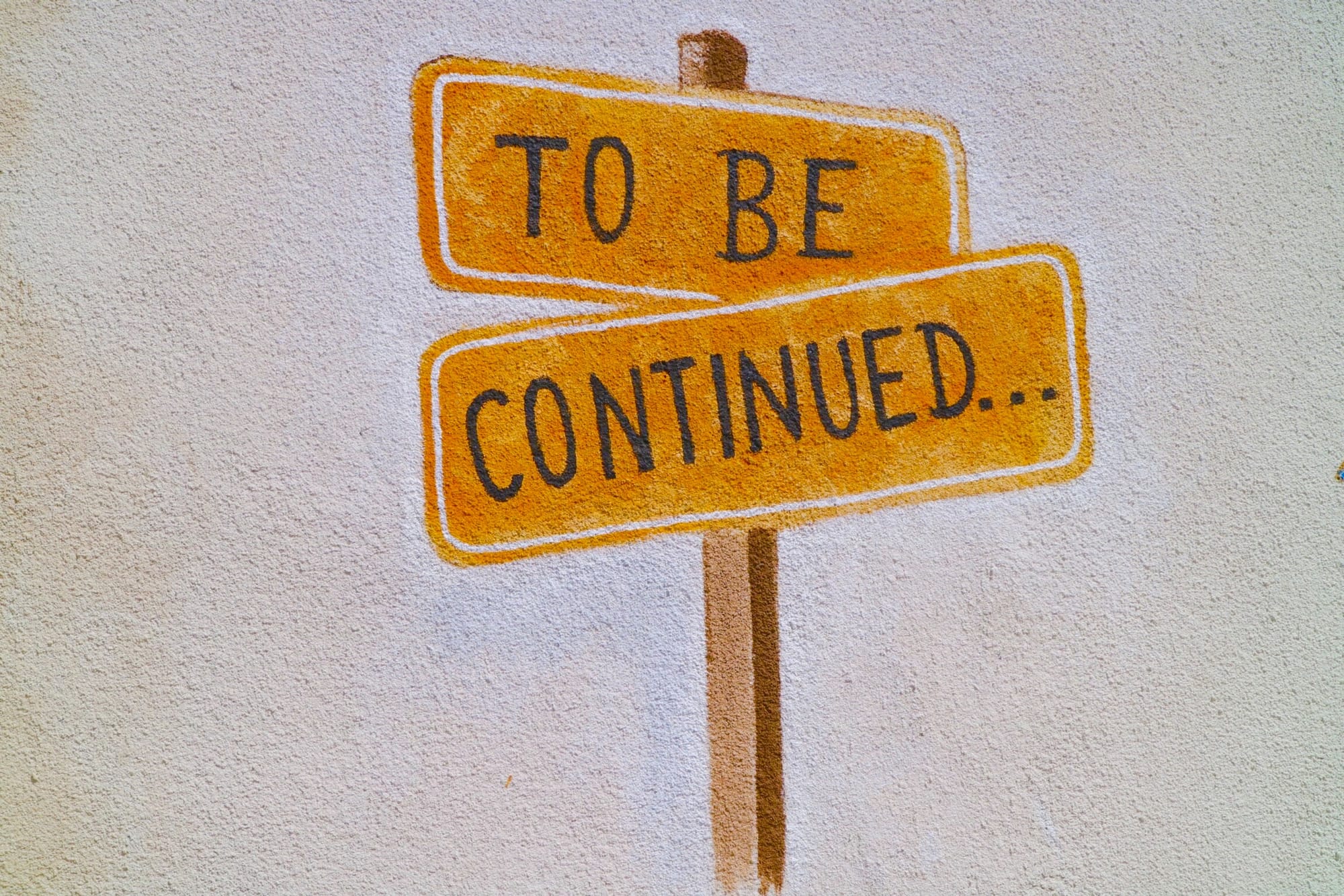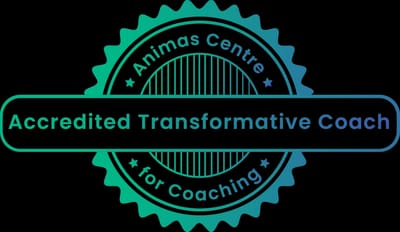Curiosity - Your New Superpower
How curious are you really? And what’s so important about curiosity? Of course being curious didn’t end so well for the cat. Or Pandora. But imagine if Lucy hadn’t pushed her way through the fur coats in the wardrobe, if Alice had ignored the rabbit hole, or if the children hadn’t explored the wood and found the Faraway Tree?
Historically where would we be without the curiosity of people like Christopher Columbus, Isaac Newton, and Albert Einstein, who said of himself ‘I have no special talent. I am only passionately curious.’ And would we still be naked in the Garden of Eden if Eve’s curiosity about the forbidden fruit hadn’t been piqued?
 Be open and curious about yourself
Be open and curious about yourself
Curiosity is of course essential to us as human beings - it’s part of how we learn, how we grow and how we make sense of the world around us. Research shows that when we are curious about something, the limbic reward system of the brain actually lights up when monitored, and we get a hit of dopamine, the chemical that gives us a high.
But what about our own personal development, our own journey in life? What does it mean to be curious about ourselves? Well actually, it’s essential. The opposite of curiosity is apathy. And apathy leads to stagnation. When we stagnate, we can’t grow.
We all have a life story - we all see our lives through our own personal lens or filter that has been been established by our own particular upbringing and influences. Sometimes we are the hero in our story, sometimes the victim. We may label ourselves (or have been labelled by others) as the rebel, the quiet one, the difficult one, the winner, the loser, the creative, the poorly one, the moody one, the saver, the spender, the black sheep, the successful one, the failure, the disorganised one, etc etc.
 What's your life story?
What's your life story?
We may tell ourselves and others our story and genuinely believe it to be true, but is it actually reality? You may have seen the Truman Show - where Truman has been the unsuspecting star of a worldwide reality TV show since his birth. His entire world is literally a construct - a giant set near Hollywood. He has no reason to question his life - it is as it is. He has no motivation to leave Seahaven, the seaside town he grew up in - he has been brought up believing that he has a terror of water, caused by his father being drowned in a boating accident. Eventually a series of events lead Truman to suspect that his life is not as it seems and he manages to escape the cameras down a makeshift tunnel, realises that he isn’t actually afraid of water after all and sails out of Seahaven. As he reaches the edge of the Hollywood set, the director speaks to Truman and tells him that there is ‘no truth’ in the real world and that by staying in the artificial world, he would have nothing to fear. But Truman leaves and we assume, lives a real, authentic life, fear and all.
I’m not suggesting we’re all in a Truman-esque world (or are we??). But sometimes we need to stop and take stock. We need to query the status quo. Be really curious about what you tell yourself. On closer examination, is your story actually true? Are there aspects of it that perhaps once rang true, but now no longer serve you?
When I was a child I was severely asthmatic. I was regularly carted off to hospital in the back of an ambulance and was never allowed to do PE at primary school. And I certainly couldn’t run. Running would’ve been like a deathwish. But then I grew up, pretty much grew out of my asthma, and enjoyed moderate exercise like Aerobics (those were the days!) . But I always had the same story on repeat in my head ‘I can’t run’. I actually wanted to try running - it’s free and all my friends were doing it. But it never occured to me that maybe I could run. Then one day around 6 years ago, I had a sort of epiphany and almost laughed out loud. I was curious about why I thought I couldn’t run and then realised that Wait a minute, of course I could run! If I could put one foot in front of another, then I could run. And that’s when I started running. Six years, two marathons, one half marathon and hundreds of training miles later, I still marvel at how blinkered I was; how I had bought into my own false story - my own fake news, my own alternative truth.
If you find yourself saying things like ‘I always….’ or ‘I never….’ or ‘I can’t do this because……’ it might be useful to ask yourself where these thoughts came from and are there any alternative and more useful beliefs that would serve you better. By playing your role in ‘your story’ you’re actually handing over control of your life to an unseen director..
By focussing our curiosity inwards, we get to know ourselves better and self-awareness allows us to take back control of and responsibility for our own lives. It gives us the ability to deeply connect with ourselves, and be the author of our life and not an actor in it.
Next time you say a phrase like ‘oh you know what I’m like,’ or ‘I always…’ or ‘I could never do…….’ or ‘I wish I could……’ , just make a mental note and come back to it when you have some alone time. Be gently curious about why you said it. Don’t judge yourself for your belief, just let your mind wonder about it. Push through the comfort zone, see what’s behind the door, step into the cave, explore the rabbit hole. Who knows where your curiosity might lead? Who knows who you could become? Your next chapter starts here.

If you’re interested in building self awareness and getting curious about why you behave in certain ways, making real changes with solutions-focussed tools, get in touch. Or try my 2020 Vision One Day Masterclass. My details are above. Alternatively, if you’ve found this article interesting, sign up for regular newsletters or leave a comment below. Thank You
Further reading
Why do I do That - Joseph Burgo PhD
Scripts People Live - Claude Steiner
